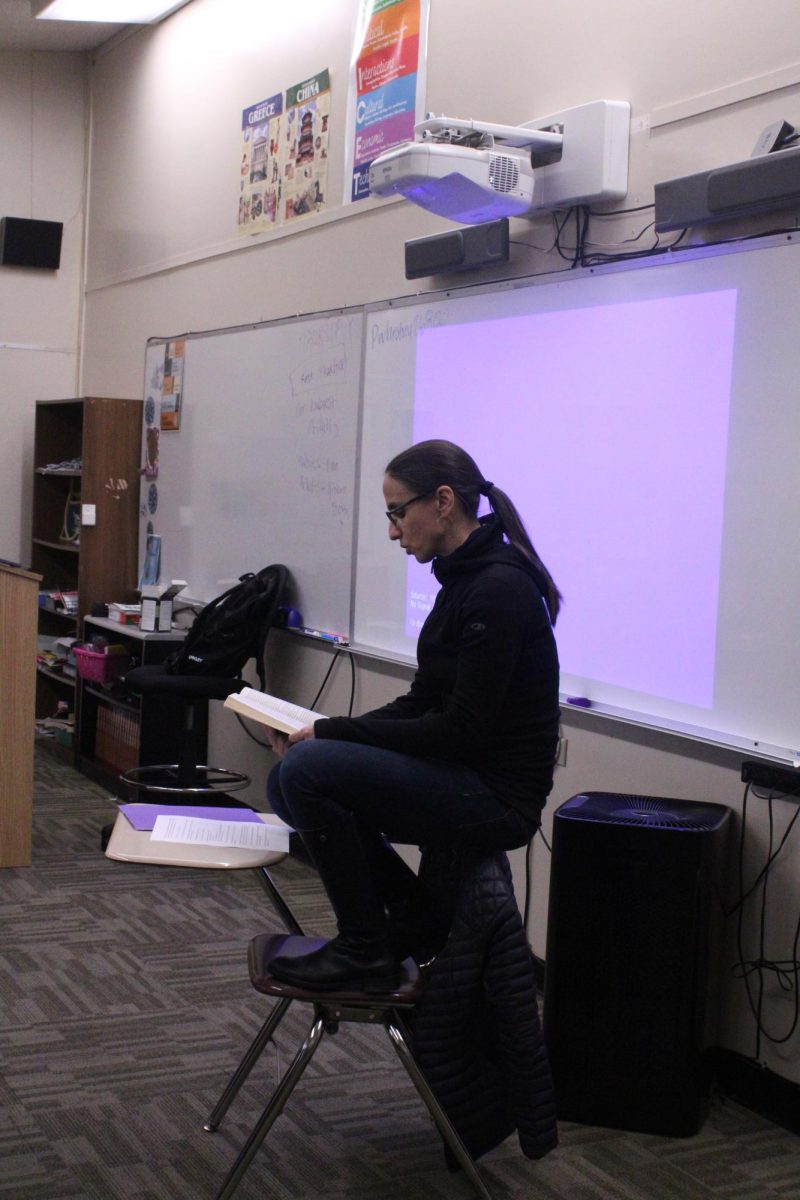
Following years of unprecedented testing formats due to COVID-19, colleges are reinstating their requirements for SAT score submissions. Massachusetts Institute of Technology, Dartmouth College and Yale University are three schools leading this trend. While COVID-19 forced the transition to online learning, the overall decrease in reported cases and the introduction of digital testing have reassured the safety of students who wish to take the SAT.
In March 2022, MIT’s Dean of Admissions Stuart Schmill answered some questions after his announcement of the return of the school’s SAT requirement. He told MIT News that researchers found no reliable way of predicting students’ success in MIT’s fast-paced and challenging academic conditions without considering standardized test results. He also added that grades are certainly not the only area being considered, but they are highly relevant to MIT’s quantitative curricula and exam layout.
“We are reinstating our requirement in order to be transparent and equitable in our expectations,” Schmill said. “Our concern is that, without the compelling clarity of a requirement, some well-prepared applicants won’t take the tests, and we won’t have enough information to be confident in their academic readiness when they apply.”
Dartmouth College cited similar ideas for their own testing policy update on Feb. 5. For the class of 2029, SAT or ACT scores will be required. Dartmouth President Sian Beilock commissioned a study which found that SAT scores and high school grades are crucial to determining a student’s success, no matter their economic background or their family’s history with college education, at Dartmouth.
“SAT scores are a key method by which Dartmouth can identify students who will succeed at Dartmouth, including high performing students who may attend a high school for which Dartmouth has less information to fully judge the transcript,” the faculty researchers said.
Most recently, on Feb. 22, Yale University shared their own updated test score requirements. After four years of optional test score submission, the school will once again require scores from every applicant starting with the class of 2025, though the variety of standardized tests they will accept has been expanded. Yale’s Dean of Undergraduate Admissions Jeremiah Quinlan said that the school’s goal is to judge applicants with reliable evidence, as many applicants from past years did not submit SAT scores that could have bolstered their chances at being accepted.
“Over the past four years, we learned that our admissions committees can function without test scores,” Quinlan said. “But when operating a process that requires you to make predictions about the future with incomplete information, more evidence is better than less.”
Junior Prisha Mohapatra already took the paper version of the SAT in November 2023, but this month she will be taking the new digital version. Though she began preparing for the test under the notion that she might not have to submit her score, Dartmouth’s decision to require it has changed her mind.
“I’m definitely taking it a bit more seriously now,” Mohapatra said. “Up until now, I was kind of in the mindset that I don’t have to worry too much about it. But now the pressure is definitely on.”
Mohapatra recalled receiving an email from Upper Campus Assistant Director of College Counseling Carolyn Siegel during a biology class informing students about Dartmouth’s decision and advising them to think about taking the SAT.
“Ms. Siegel sent us an email saying, ‘It’s required at Dartmouth, so it might be in other schools now,’” Mohapatra said. “So that definitely made me feel a bit nervous, and my whole class was kind of going crazy.”
Fellow junior Annabelle Eaton is also prepared to take the SAT twice, both during the school year and in the summer. Studying for the test on top of her regular school work and extracurriculars has proven difficult, as she struggles to keep up with her study group’s itinerary. Eaton is worried that even if she does well on the test, it will not impact her application enough to be worth the effort.
“If I do well, I’ll be less anxious about it,” Eaton said. “But if I do badly, I feel like it has the opportunity to make me feel a lot worse. At this point, getting a good SAT score is the bare minimum.”
Despite the stress the SAT is generating, Eaton understands colleges’ need for a standardized measure of ability. She explained how the digital version of the SAT gives a larger group of students access to the test and makes studying for it similar to studying for a test in class.
“[Digital testing] will be more accessible to people who can’t really afford tutoring,” Eaton said. “People who have the money to pay for tutoring do have a higher advantage, but I think that it will close that gap a little bit. It does measure to a certain extent capability to be able to take those kinds of exams, and I think obviously colleges already consider a socioeconomic background when you’re applying.”











